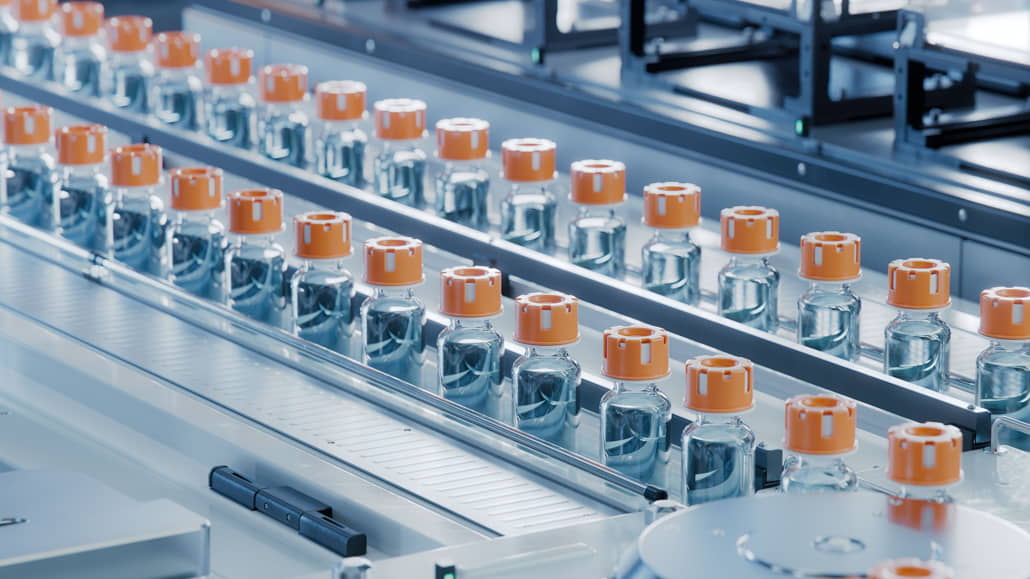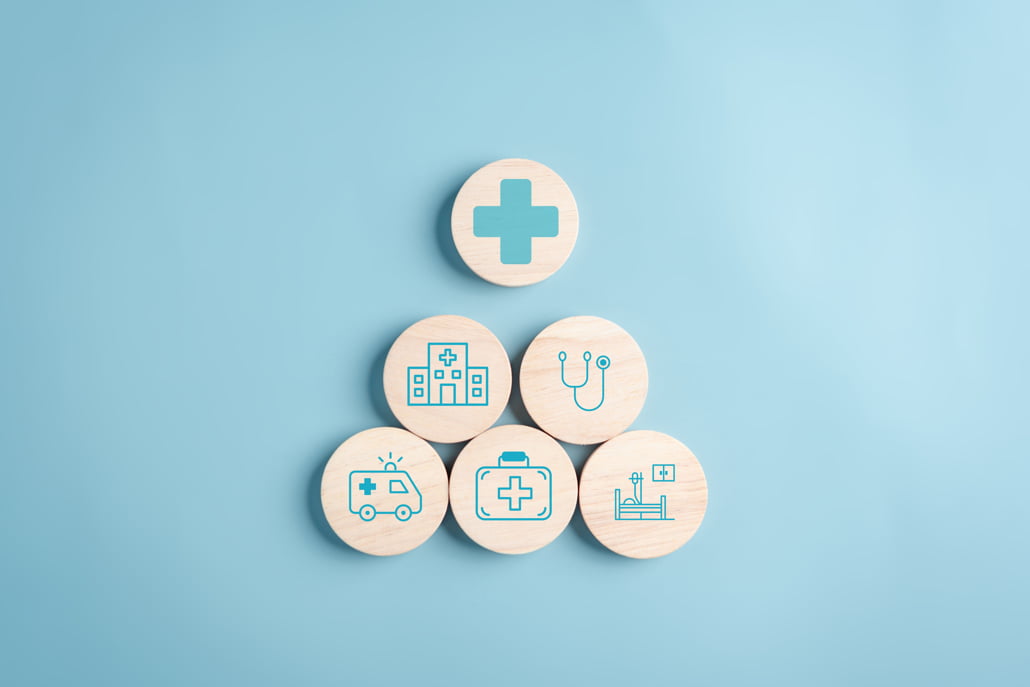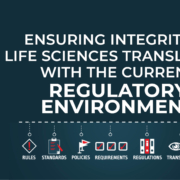Ensuring integrity in life sciences translation with the current regulatory environment
The life sciences industry is one of the most complex and international sectors in today’s global marketplace, so the ability to collaborate and communicate across cultures and languages is critical.
The launch of new drug therapies or medical devices is subject to a strict, yet constantly evolving regulatory environment. Documentation must be submitted to the regulatory bodies of each different country, requiring localization into the local language while also taking full account of local regulatory policies and procedures.

The stakes in terms of public health, patient safety and potential loss of revenue in the event of delayed approvals could not be higher. The challenges involved are equally significant:
- Obtaining marketing authorization approvals in multiple countries demands the translation of large volumes of text accurately and at speed;
- The fast pace of change within the regulatory environment means that updates must also be translated with the same speed and accuracy;
- Consistency and quality are vital, with no room for error in terms of terminology or formatting.
At Janus Worldwide, we fully understand all of these challenges. Our customized localization solutions give institutions in the life sciences sector global reach and provide individually designed yet cost-effective management of all linguistic and localization tasks, from file preparation, translation and review to cultural and regulatory adaptation.

The first step to success is putting in place the right team. Our subject-matter experts have extensive industry knowledge. They are fluent in the relevant terminology, understand the regulatory environment and keep up to date with the constant changes. Our linguists conduct thorough in-process research, drawing on all relevant, publicly available documentation, such as the good pharmacovigilance practices (GVP).
To help our translators deliver a high-quality product and reduce the risk of inaccuracies and inconsistencies, we ensure that they have access to first-class terminology management and computer-assisted translation (CAT) tools, including the integration of dedicated term bases. In addition to our own internal term bases, we have also incorporated access to external resources such as the European Databank on Medical Devices (Eudamed) and the Medical Dictionary for Regulatory Activities (MedDRA).
Linguistic quality assessment (LQA) is a vital part of ensuring that our localization services meet the stringent requirements demanded by the life science industry and regulatory processes. The Janus LQA framework is objective, consistent and metric-driven, assessing output in three key areas:
- Analytics: first, we calculate the number of translation errors (mistranslations, omissions, spelling/grammar errors, etc.) in a sample, with the overall score based on the weighted severity of the error and the sample size (word count).
- Adequacy: the next stage of the LQA process reviews how well the translation as a whole conveys the meaning of the original in the target language.
- Fluency: finally, we consider how well the translation reads in the target language.
This approach allows us to produce a weighted overall quality score to assess translations against the required expectations. Not only does it enable us to ensure that each project is delivered to the highest quality standards, it also allows us to monitor continuous improvement over time, ensuring the best return on investment in translation.
Documents with the highest risk profile naturally demand even greater attention to guarantee the accuracy of every detail. In these cases, we adopt a double revision approach. Translations undergo a comprehensive second review, which is carried out by a senior medical linguist or expert, in addition to the standard TEP cycle.
Janus Worldwide complies fully with ISO 9001 and ISO 17100 quality standards throughout the localization process.






